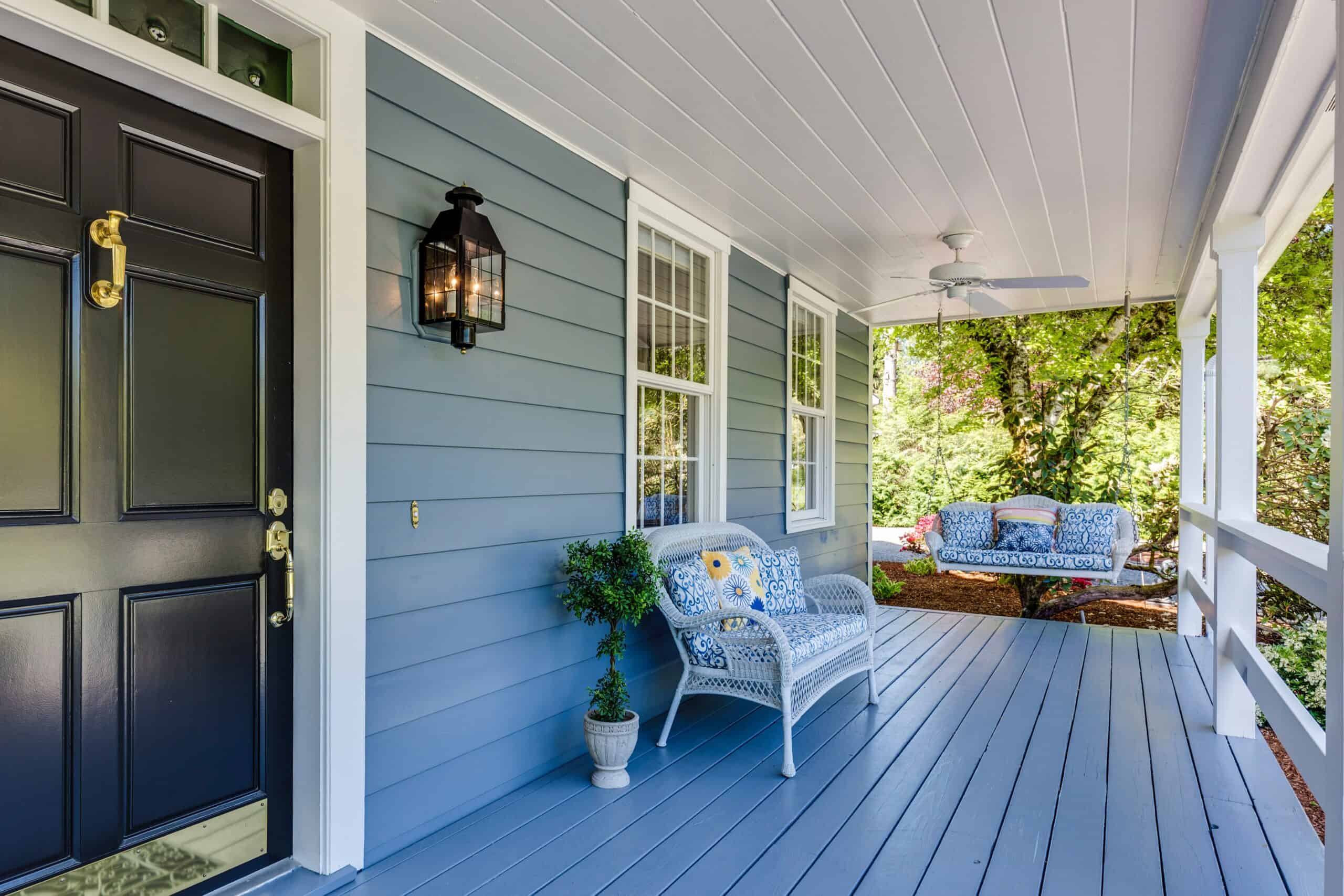While it’s true that 90% of the world’s millionaires built their wealth by investing in real estate, most of them weren’t rich when they got started. Contrary to popular belief, you can start from humble beginnings and invest in real estate. Here are 5 ways that demonstrate how you don’t have to be rich to get into the real estate game.
1. Use a HELOC Loan
This is a good option for someone who has been a homeowner for several years. A HELOC (home equity line of credit) allows you to borrow against any equity you’ve built up in your home. It’s a line of credit established on a property, with the property itself serving as the collateral. The amount of credit you qualify for depends on the amount of equity you have built up in your home. For instance, if you have paid off $200,000 worth of your home value, and the lender will loan you up to 80% loan to value (LTV), then you may establish a HELOC with a $160,000 limit. With a HELOC, you have no closing costs, the probability of a lower interest rate, and tax advantages.
2. Take Advantage of a Cash-Out Refinance
A cash-out refinance is another great option for people who have built up equity in their home. With this method, you replace your existing mortgage with a new home loan for more than you owe on your house. The difference goes to you in cash, and you can spend that money toward the purchase of another property.
Here’s a simplified example. Let’s say that you originally bought your home with a $300,000 mortgage, and you’ve paid off $100,000 of it so far. So, you owe $200,000 on your mortgage. Say you want to take $50,000 of what you’ve already paid out to buy another property. A cash-out refi would allow you to refinance your mortgage to $250,000 and take the $50,000.
3. Buy a Duplex (Or Other Multifamily Units)
The beauty of this strategy is that, if need be, you can rent out one portion of the property and live in another portion. FHA loans can be used to finance select properties, which means you can have a downpayment as little as 3.5% of the purchase price.
As with every buy and hold strategy, your tenants will pay a good chunk of your mortgage. Also, if you live in the other part of the property, it’s very convenient to respond to tenants needs if something goes wrong (and you’re able to keep an eye out to ensure it’s being taken care of.)
[Related: When and Where to Buy Real Estate]
4. Start with a Room in Your House
Do you have room in your home that you’re not using? Might there be a finished basement that could provide a good home for a young professional or newlywed couple? Evaluate the space you have now and consider if you’re willing to rent a portion of your home out—it’s a great way to generate passive income with minimal work. Then, save that passive income for a downpayment on another property.
If your tenants are going to live this close to you, I do recommend either renting to someone you trust. (Check out this podcast on managing properties for some tips on how to screen tenants.) If you don’t want to commit to a long lease, consider listing a room in your home on AirBnB or VRBO!
5. Opt-into FHA Financing
If you have just a few thousand dollars saved, you can invest in real estate. FHA loans allow you to purchase a property with as little as 3.5% down (if your FICO credit score is above 580.)
Here are some other requirements:
- MIP (Mortgage Insurance Premium) is required
- Your Debt-to-Income ratio must be less than 43%
- You must have a steady income and 2 years proof of employment
- The home must be your primary residence.
As you can see, that last bullet point provides a bit of a catch. If you use FHA financing, you have to list that property as your primary residence for a year. So, you have to ensure one of the listed owners occupies the property for the majority of that year. After 365 days, it can be rented as an investment property.
There’s also something called FHA-FHA refinance. If you want to refinance that property to get a better interest rate after it’s already become an investment property, FHA rules allow you to refinance into another FHA loan.




Awesome 🤩